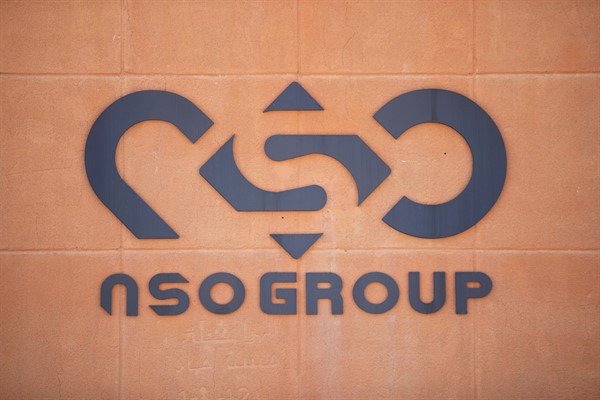The international trade in digital surveillance tools has long been controversial, particularly their sale to repressive governments that have allegedly used them to target dissidents and journalists. That controversy reached a new level last year, when a handful of Israeli cyber firms were accused of selling highly sophisticated spyware to authoritarian regimes.
One firm, in particular, the NSO Group, became the focus of an international investigative consortium, composed of 17 leading media organizations, including the Washington Post, the Guardian, Le Monde and Haaretz, as well as Amnesty International and a media nonprofit. The consortium’s dozens of articles detailing its investigation were further amplified by the New York Times and other leading news outlets.
The consortium found that almost 200 journalists, dissidents, human rights activists and political leaders in 21 countries may have been targeted for surveillance using NSO’s Pegasus spyware tool. Controversially, the list included 13 current and former presidents and premiers, a king, the wife and fiancé of slain Saudi journalist Jamal Khashoggi and a murdered Mexican reporter. Allegations that then-Israeli Prime Minister Benjamin Netanyahu and the Israeli Defense Ministry sponsored some of the initial contacts between the Israeli firms and their future clients, including the UAE, Bahrain and Saudi Arabia, added to the damage.

